The start of a new decade brings with it a fresh opportunity to prioritize our health and well-being. As we embark on this journey, let's embrace practical health tips that will pave the way towards a healthier and happier life in 2020. Here are 20 insightful and actionable tips to help you kickstart your journey towards a healthier lifestyle .
1. Eat a Healthy Diet

A well-rounded diet is the foundation of good health. Include a variety of fruits, vegetables, legumes, nuts, and whole grains in your meals. Aim to consume at least five portions (400g) of fruits and vegetables each day. By doing so, you'll reduce your risk of malnutrition and non-communicable diseases such as diabetes, heart disease, stroke, and cancer.
2. Consume Less Salt and Sugar

Excessive salt and sugar intake can lead to health problems. Limit your daily salt intake to 5g (about one teaspoon) and reduce your consumption of high-sodium condiments. Similarly, cut back on sugary snacks, candies, and sugar-sweetened beverages. By making these small changes, you'll significantly improve your overall health.
3. Reduce Intake of Harmful Fats

Not all fats are created equal. Opt for healthy unsaturated fats found in fish, avocado, and nuts, as well as in oils like sunflower, soybean, canola, and olive oil. Limit your consumption of saturated fats found in fatty meats, butter, and palm oil. Avoid trans fats found in baked and fried foods. By making smarter fat choices, you'll protect yourself against unhealthy weight gain and non-communicable diseases.
4. Avoid Harmful Use of Alcohol

It's essential to practice moderation when it comes to alcohol consumption. Excessive drinking can lead to various health issues, including mental and behavioral disorders, liver cirrhosis, cancers, and heart diseases. Remember, there is no safe level of alcohol consumption. Embrace a healthy lifestyle by reducing or eliminating your alcohol intake.
5. Don't Smoke

Smoking is a leading cause of non-communicable diseases such as lung disease, heart disease, and stroke. If you're a smoker, it's never too late to quit. Quitting smoking offers immediate and long-term health benefits. If you haven't started smoking, don't start! Advocate for tobacco-smoke-free air and protect your right to breathe clean air.
6. Be Active

Physical activity is crucial for maintaining good health. Engage in activities that require energy expenditure, such as exercise, household chores, and recreational pursuits. Aim for at least 150 minutes of moderate-intensity physical activity per week. For additional health benefits, increase your physical activity to 300 minutes per week. Stay active and enjoy the positive impact it has on your well-being.
7. Check Your Blood Pressure Regularly
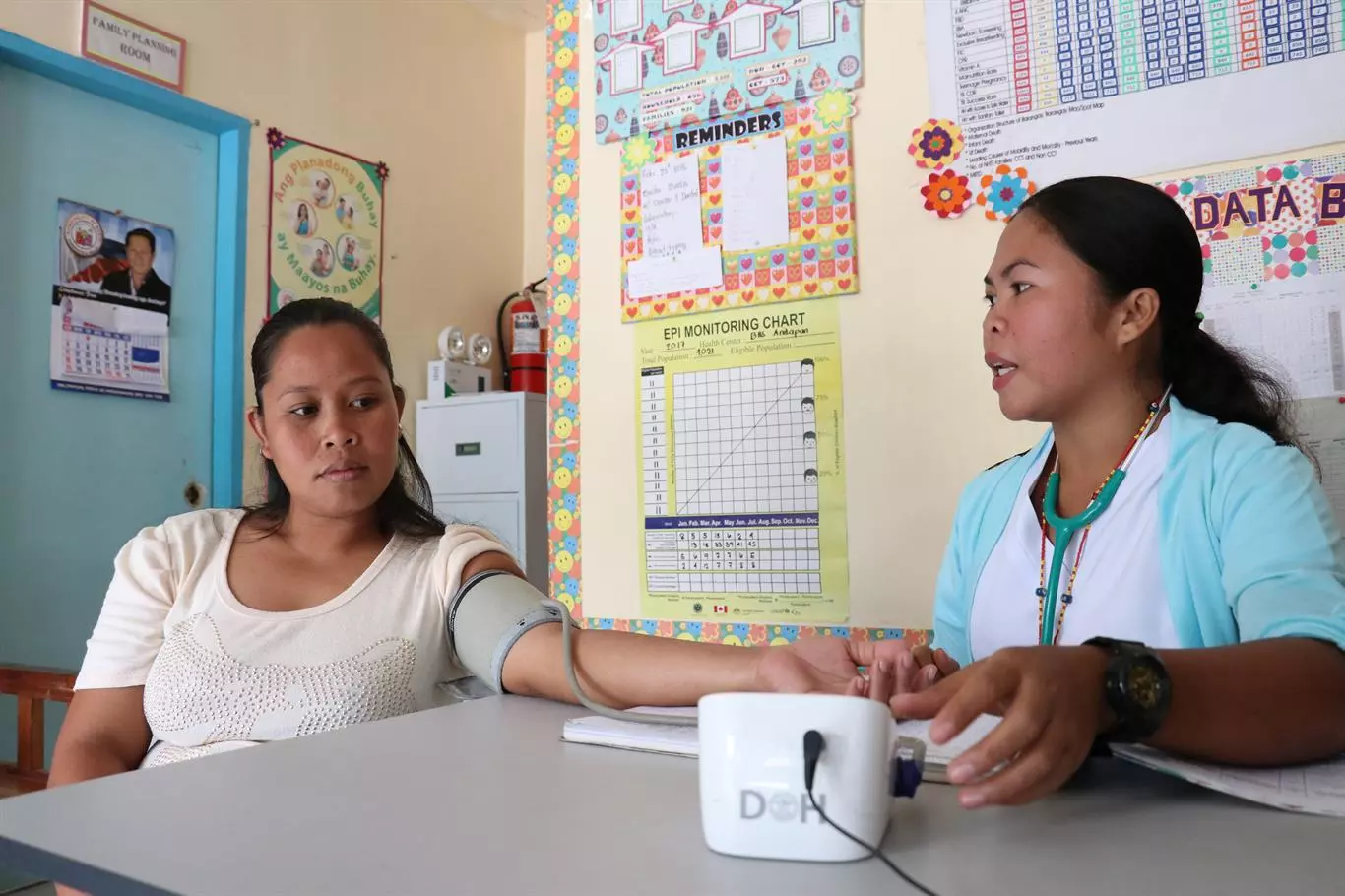
Hypertension, also known as high blood pressure, is often referred to as the "silent killer" because it can go unnoticed without any symptoms. Regularly monitor your blood pressure to stay informed about your health. Seek advice from a healthcare professional if your blood pressure is high. By managing hypertension, you'll reduce the risk of heart, brain, kidney, and other diseases.
8. Get Tested
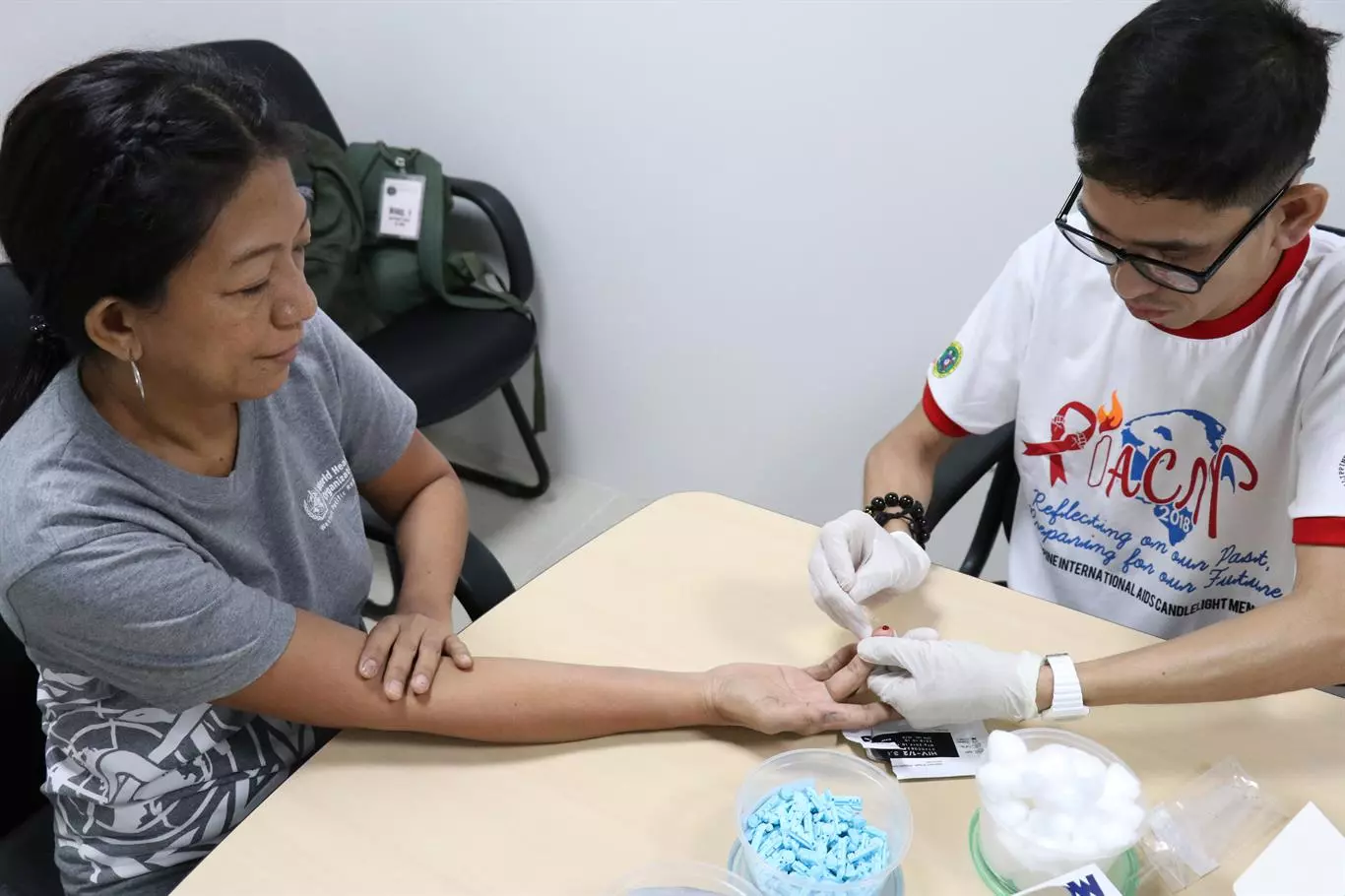
Regular testing is vital for maintaining good health. Take the initiative to get tested for HIV, hepatitis B, sexually-transmitted infections (STIs), and tuberculosis (TB). Early detection and treatment of these diseases are essential for preventing complications and ensuring proper care. Visit a public or private health facility for necessary tests.
9. Get Vaccinated
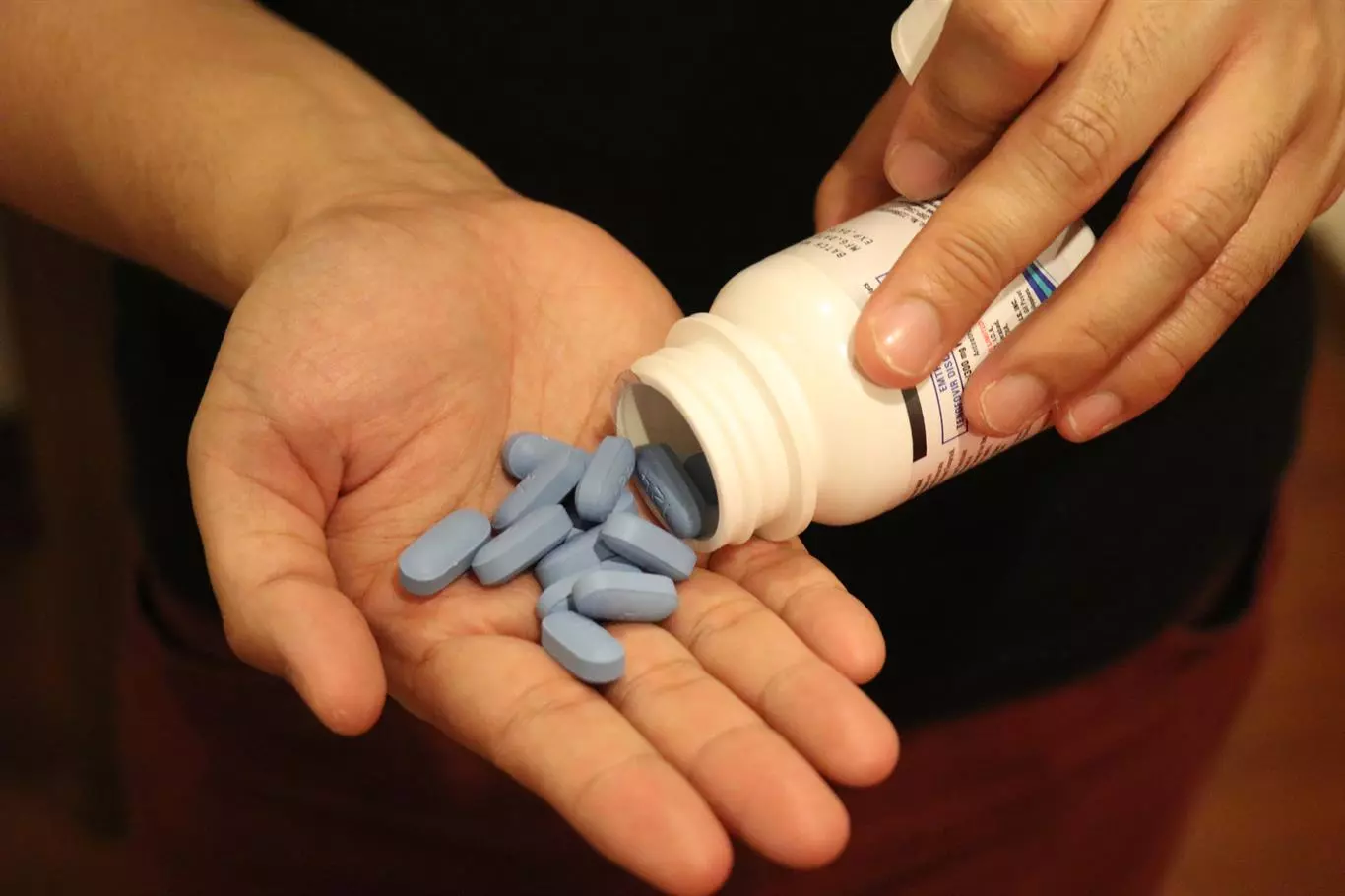
Vaccination is a highly effective preventive measure against various diseases. Ensure you're up to date with vaccines that protect against diseases like cervical cancer, cholera, influenza, hepatitis B, measles, pneumonia, polio, rabies, and more. Take advantage of the free vaccines provided to children under one year old through the Department of Health's immunization program. Consult your physician to determine if you require additional vaccinations.
10. Practice Safe Sex

Taking care of your sexual health is crucial for overall well-being. Practice safe sex to prevent HIV and other sexually-transmitted infections. Use preventive measures such as condoms and pre-exposure prophylaxis (PrEP) to protect yourself and your partner.
11. Cover Your Mouth When Coughing or Sneezing
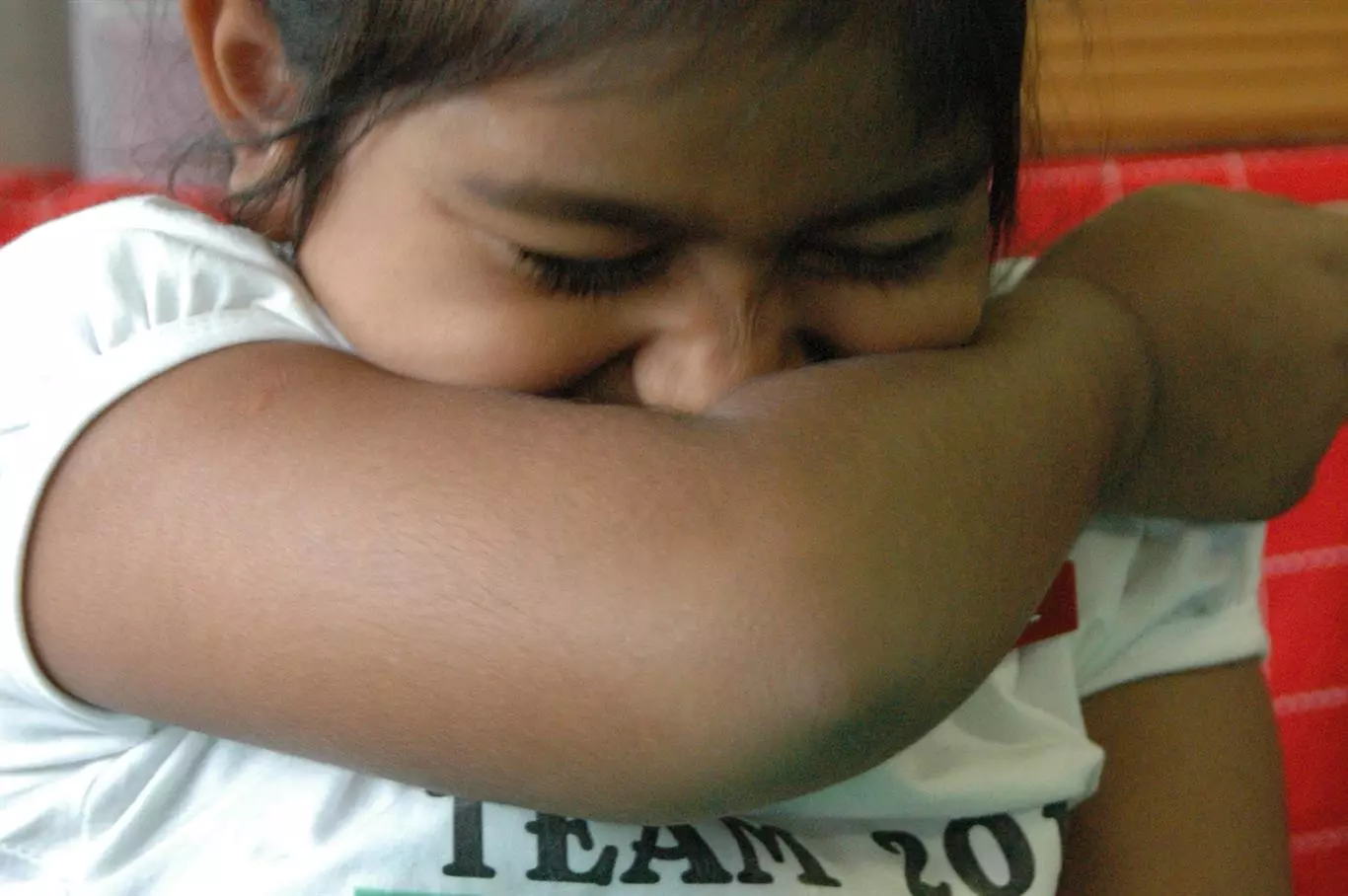
Respiratory diseases can spread through airborne droplets when someone coughs or sneezes. Be mindful of covering your mouth with a tissue or face mask when coughing or sneezing. If a tissue is not available, use the inside of your elbow. This simple practice can help prevent the transmission of diseases like influenza, pneumonia, and tuberculosis.
12. Prevent Mosquito Bites

Mosquitoes are carriers of deadly diseases such as dengue, chikungunya, malaria, and lymphatic filariasis. Protect yourself and your loved ones by taking preventive measures. Wear light-colored, long-sleeved shirts and pants, use insect repellent, and ensure your surroundings are free from mosquito breeding sites. If traveling to areas with known mosquito-borne diseases, consult a physician for appropriate vaccinations or medications.
13. Follow Traffic Laws

Road traffic injuries claim millions of lives worldwide. Play your part in preventing road accidents by adhering to traffic laws. Wear seatbelts, use child restraints, wear helmets when riding motorcycles or bicycles, and avoid using mobile phones while driving. By practicing responsible road behavior, you contribute to a safer environment for everyone.
14. Drink Only Safe Water
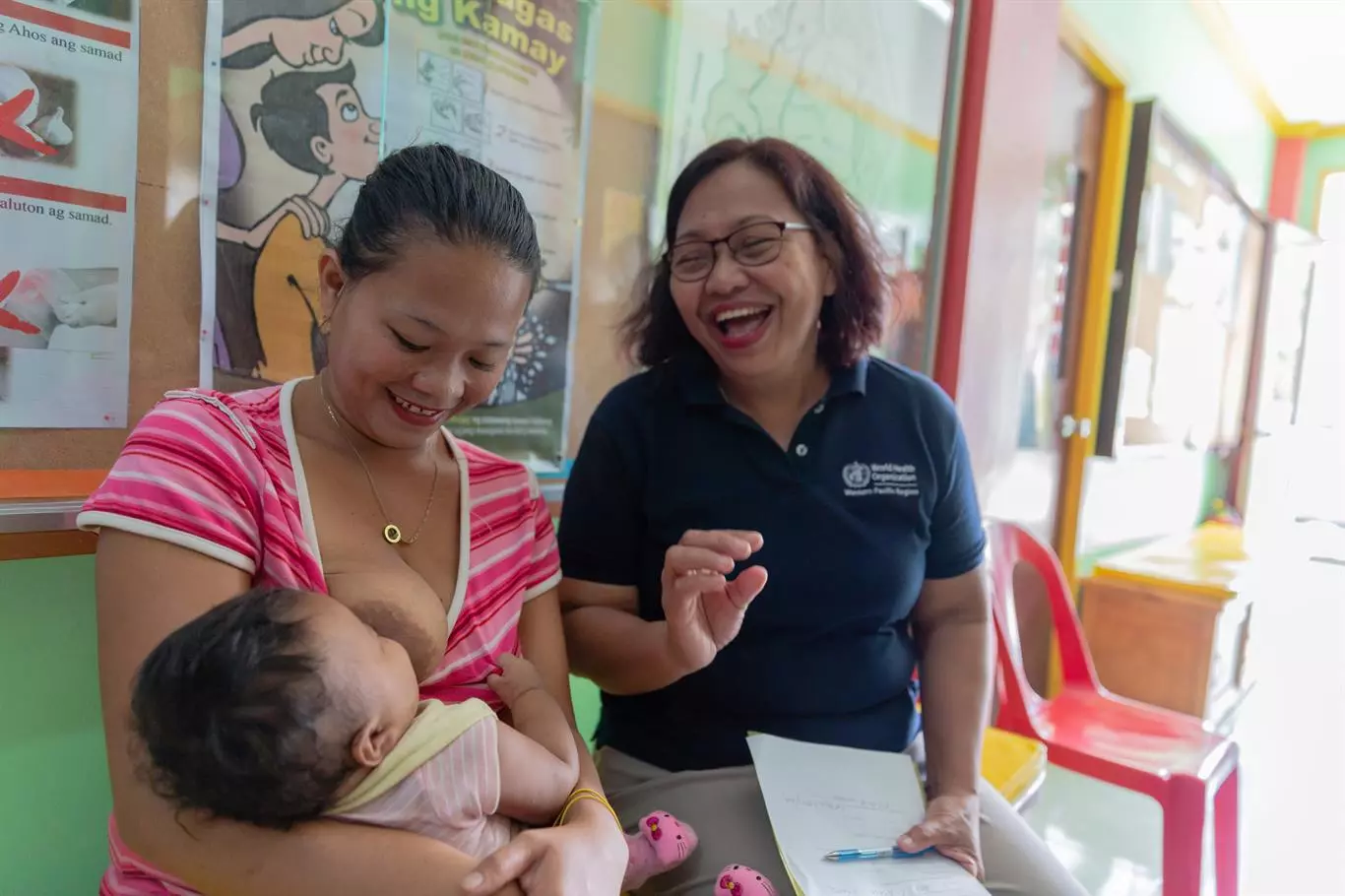
Unsafe water can lead to various waterborne diseases such as cholera, hepatitis A, typhoid, and polio. Ensure the water you consume is safe by checking with your water concessionaire or using certified water refilling stations. When in doubt, boil your water for at least one minute to eliminate harmful organisms before drinking.
15. Breastfeed Babies From 0 to 2 Years and Beyond

Breastfeeding provides optimal nutrition for newborns and infants. Initiate breastfeeding within one hour of birth and continue exclusive breastfeeding for the first six months. Breastfeeding is recommended for up to two years and beyond, as it offers multiple health benefits for both the baby and mother. It helps reduce the risk of breast and ovarian cancer, type II diabetes, and postpartum depression.
16. Talk to Someone You Trust if You're Feeling Down
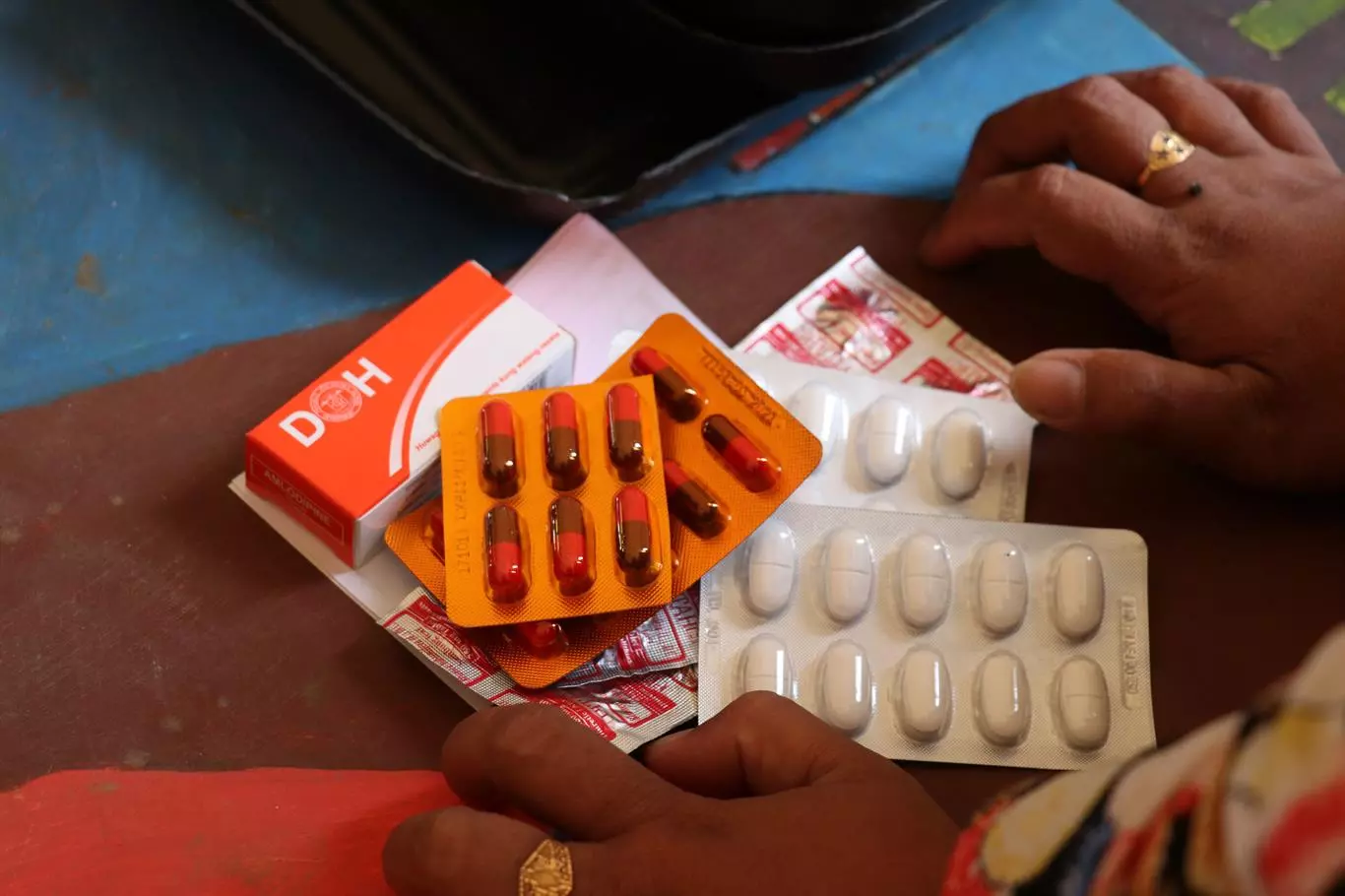
Mental health is as important as physical health. If you're feeling down or struggling with negative thoughts, reach out to someone you trust, whether it's a family member, friend, colleague, or mental health professional. Remember, you're not alone, and there is support available. If you're in immediate danger, contact the National Center for Mental Health hotline at 0917-899-USAP (8727).
17. Take Antibiotics Only as Prescribed

Antibiotic resistance is a global health concern. To combat this issue, take antibiotics only when prescribed by a qualified healthcare professional. Follow the prescribed treatment course and never share antibiotics. Responsible antibiotic use minimizes the risk of antibiotic resistance and ensures effective treatment when necessary.
18. Clean Your Hands Properly

Hand hygiene is essential for preventing the spread of infectious illnesses. Clean your hands using soap and water when visibly soiled, or use an alcohol-based hand sanitizer. By practicing proper hand hygiene, you protect yourself and others from harmful bacteria and viruses.
19. Prepare Your Food Correctly

Foodborne illnesses can be avoided by following proper food preparation practices. When purchasing food, check labels and ensure its safety. When preparing food, adhere to the Five Keys to Safer Food: keep clean, separate raw and cooked foods, cook thoroughly, keep food at safe temperatures, and use safe water and raw materials. These practices will safeguard your health and prevent foodborne diseases.
20. Have Regular Check-Ups

Regular health check-ups enable early detection and treatment of health issues. Schedule routine visits to health facilities to access screenings, services, and treatments tailored to your needs. By being proactive about your health, you increase your chances of prompt intervention and improved outcomes.
Remember, your health is a precious gift. Embrace these 20 health tips throughout 2020 and beyond to nurture a healthier and happier you. Your well-being is worth every effort.


















